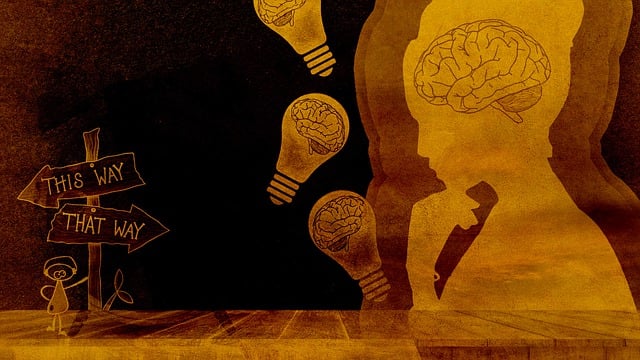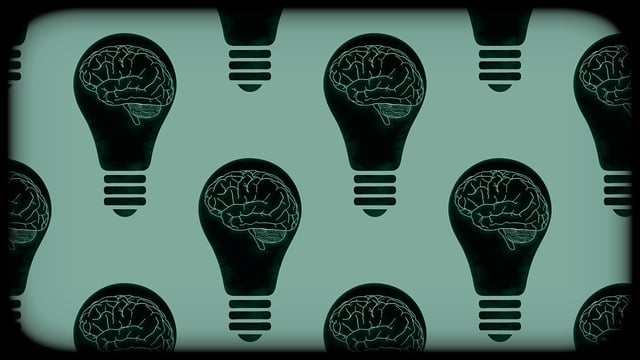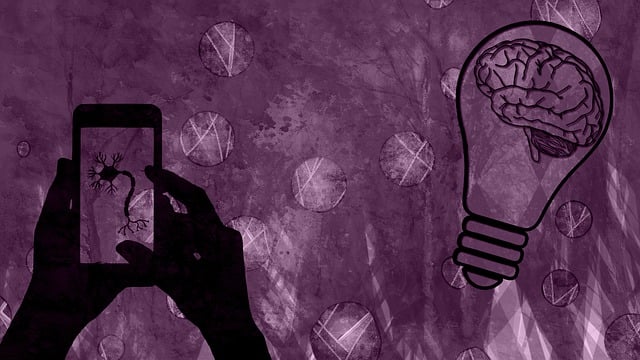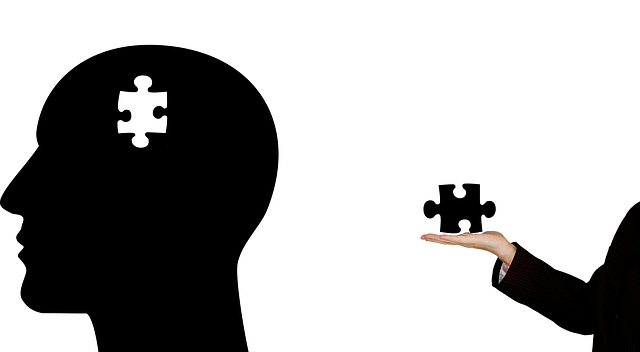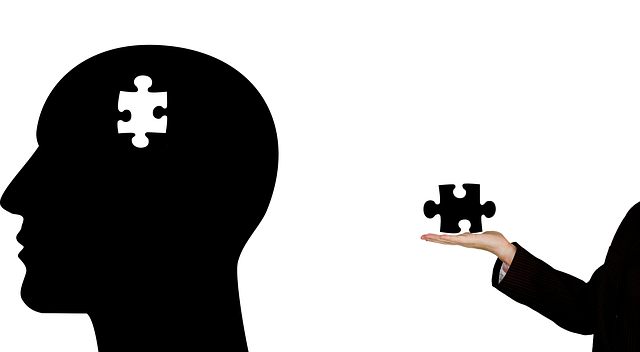Mental wellness programs, including Parker Somatic Experiencing (PSE) Therapy, focus on trauma resolution, relaxation, community engagement, and self-care workshops to address depression, anxiety, and mental health stigma. PSE combines somatic practices with talk therapy, targeting mind-body connections and past traumas. Evaluating these programs requires a blend of quantitative tools like BDI and STAI, and qualitative feedback for nuanced understanding. Recent innovations include SE integration into evaluations, Crisis Intervention Guidance, Mental Illness Stigma Reduction, and Resilience Building initiatives, all aiming for comprehensive mental wellness assessments and improved therapeutic outcomes.
Mental wellness programs are gaining recognition as essential components of holistic healthcare. This article explores effective evaluation methods, shedding light on why such assessments are crucial for program improvement and client outcomes. We introduce Parker Somatic Experiencing (PSE) Therapy, a revolutionary approach that integrates physical and emotional aspects of healing. By examining traditional assessment techniques and their limitations, we highlight the need for innovative methods, including PSE’s unique perspective. This comprehensive guide aims to equip professionals with tools to optimize mental wellness program evaluations.
- Understanding Mental Wellness Programs and Their Importance
- Introduction to Parker Somatic Experiencing (PSE) Therapy: Principles and Practice
- Evaluating Program Effectiveness: Traditional Methods and Limitations
- Innovative Assessment Techniques for Mental Wellness Programs
- Integrating PSE Therapy into Comprehensive Evaluation Frameworks
Understanding Mental Wellness Programs and Their Importance

Mental wellness programs are designed to support individuals in cultivating resilience and enhancing their overall well-being. These initiatives often target various aspects of mental health, aiming to reduce symptoms of common mental illnesses like depression and anxiety. One notable approach is Parker Somatic Experiencing Therapy (SE), which focuses on resolving trauma and promoting deep states of calmness. By integrating body and mind, SE helps individuals process past traumas, thereby reducing the impact of stress and improving emotional regulation.
Beyond individual therapy, these programs often emphasize community engagement and mental health awareness campaigns. Effective mental wellness initiatives include self-care routine development workshops that educate participants on coping strategies and healthy lifestyle choices. Such efforts contribute to Mental Illness Stigma Reduction and foster a culture where open conversations about mental health are encouraged. Through these comprehensive approaches, communities can create supportive environments that prioritize not only Mental Health Awareness but also the overall resilience and thriving of their members.
Introduction to Parker Somatic Experiencing (PSE) Therapy: Principles and Practice

Parker Somatic Experiencing (PSE) Therapy is a unique approach to mental wellness that focuses on resolving trauma and enhancing physical and emotional well-being. Developed by Dr. David Parker, this therapy integrates somatic practices with traditional talk therapy. It emphasizes the deep connection between the mind and body, recognizing that traumatic experiences can manifest in physical symptoms. PSE aims to facilitate self-awareness exercises that help individuals process and release repressed emotions and memories related to past traumas.
The core principles of PSE Therapy involve creating a safe and supportive environment, encouraging non-verbal communication, and employing various techniques such as guided imagery, body scans, and relaxation exercises. By engaging in these practices, clients can develop a stronger sense of mental health awareness and gain valuable trauma support services. The goal is to enable individuals to heal from the root causes of their distress and cultivate a deeper connection with themselves and their bodies.
Evaluating Program Effectiveness: Traditional Methods and Limitations

Evaluating the effectiveness of mental wellness programs is a multifaceted process, and traditional methods have long been the go-to approach. These conventional techniques often involve quantitative surveys and standardized measures to assess changes in participant symptoms or attitudes. For instance, tools like the Beck Depression Inventory (BDI) or the State-Trait Anxiety Inventory (STAI) are commonly used to gauge anxiety and depression levels before and after program implementation. While these methods offer structured data, they may overlook individual experiences and subjective improvements.
One such example where limitations of traditional methods become apparent is in programs focused on trauma healing, like Parker Somatic Experiencing Therapy (SE). SE aims to facilitate self-care practices and burnout prevention by addressing underlying physical responses to traumatic events. Instead of relying solely on standardized questionnaires, evaluating the success of such programs should incorporate qualitative feedback from participants. This could include personal narratives, reflections on their journey, and reports of confidence boosting through somatically driven exercises. A comprehensive evaluation approach acknowledges both quantitative data and subjective experiences, providing a more nuanced understanding of program effectiveness.
Innovative Assessment Techniques for Mental Wellness Programs

In recent years, the mental wellness program evaluation landscape has seen a surge in innovative assessment techniques that go beyond traditional methods. One standout approach is Parker Somatic Experiencing (SE) Therapy, which combines psychological and physiological aspects to help individuals process traumatic memories and develop resilience. This method not only enhances the effectiveness of therapy but also offers a holistic view of an individual’s mental health, considering both their emotional state and bodily responses.
Beyond SE Therapy, Crisis Intervention Guidance has played a pivotal role in evaluating program outcomes by focusing on immediate support and stabilization. Similarly, Mental Illness Stigma Reduction Efforts have integrated creative assessment tools that encourage open dialogue and accurate self-reporting, fostering an environment where individuals feel comfortable discussing their experiences without fear of judgment. Additionally, Resilience Building initiatives utilize dynamic assessment strategies to measure progress over time, allowing for tailored interventions that strengthen coping mechanisms and promote long-term mental wellness.
Integrating PSE Therapy into Comprehensive Evaluation Frameworks

Integrating Parker Somatic Experiencing (PSE) Therapy into comprehensive evaluation frameworks offers a holistic approach to mental wellness programs. This therapy goes beyond traditional talk therapy by focusing on the mind-body connection, addressing traumatic experiences, and promoting emotional regulation. By incorporating PSE, professionals can facilitate clients’ ability to process and release repressed emotions, leading to improved self-care routine development for better mental health.
The integration enhances evaluation processes by providing a nuanced understanding of individuals’ responses to stressful situations. This is particularly valuable in risk management planning for mental health professionals, enabling them to tailor interventions more effectively. The somatic nature of PSE adds depth to the assessment, capturing aspects that might be overlooked in conventional methods. Consequently, it contributes to enhanced therapeutic outcomes and overall program evaluation accuracy.
Mental wellness programs are invaluable tools for fostering resilience and improving overall well-being, and evaluating their effectiveness is crucial. While traditional methods offer a structured approach, they often lack depth in assessing nuanced interventions like Parker Somatic Experiencing (PSE) Therapy. Innovative assessment techniques, such as integrating PSE’s principles into comprehensive frameworks, provide a more holistic view of program success. By embracing these advanced evaluation methods, mental health professionals can ensure tailored and effective support for individuals seeking wellness.
